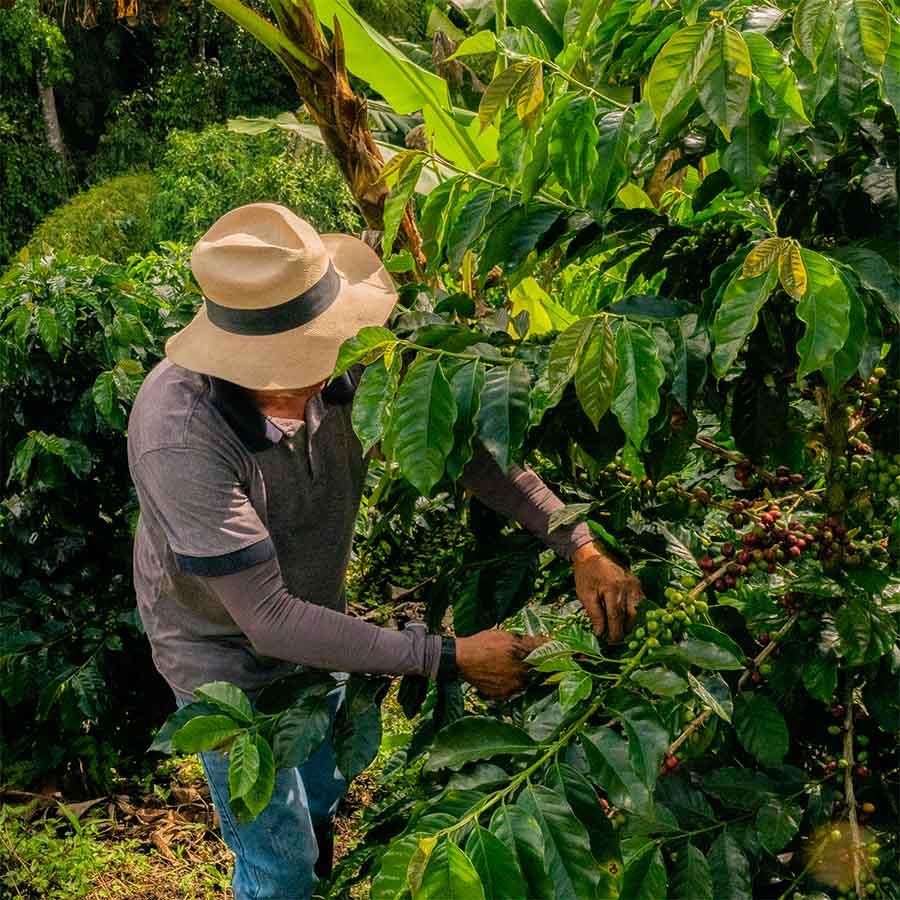
Article published in: September 2024
Authored by
JAMIE DE PINIÉS
CEO,
Blue Marble Microinsurance
Challenges in Colombia and Beyond
Colombia experiences the highest recurrence of natural disasters in South America and ranks tenth globally in economic risks from such events1, with extreme rainfall and droughts posing the most significant threats to farming communities. With a local market that offers few insurance services to smallholder farmers, who face the ever-growing risks posed by climate change, rural communities are under great threat.
Colombian coffee farms are often small and dispersed, and in many cases, there is little or no infrastructure, making them hard to access. Consequently, insurers struggle to assess damages following losses and have historically chosen not to cover smallholder farmers.
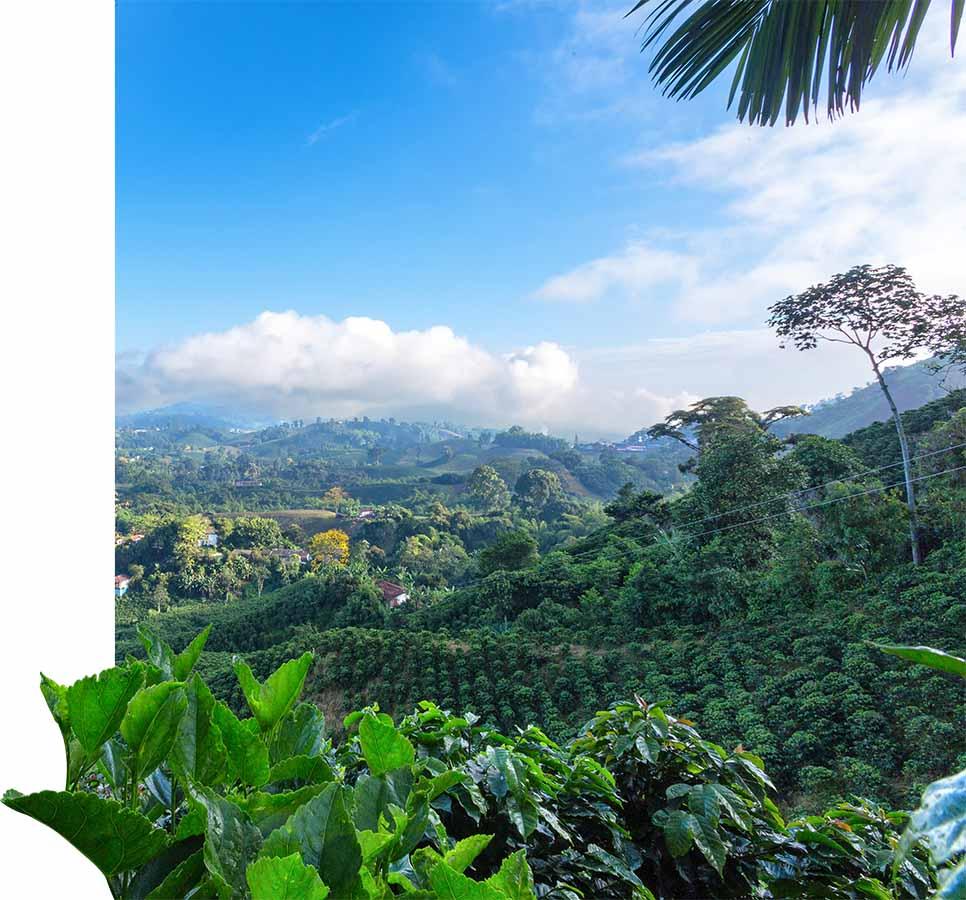
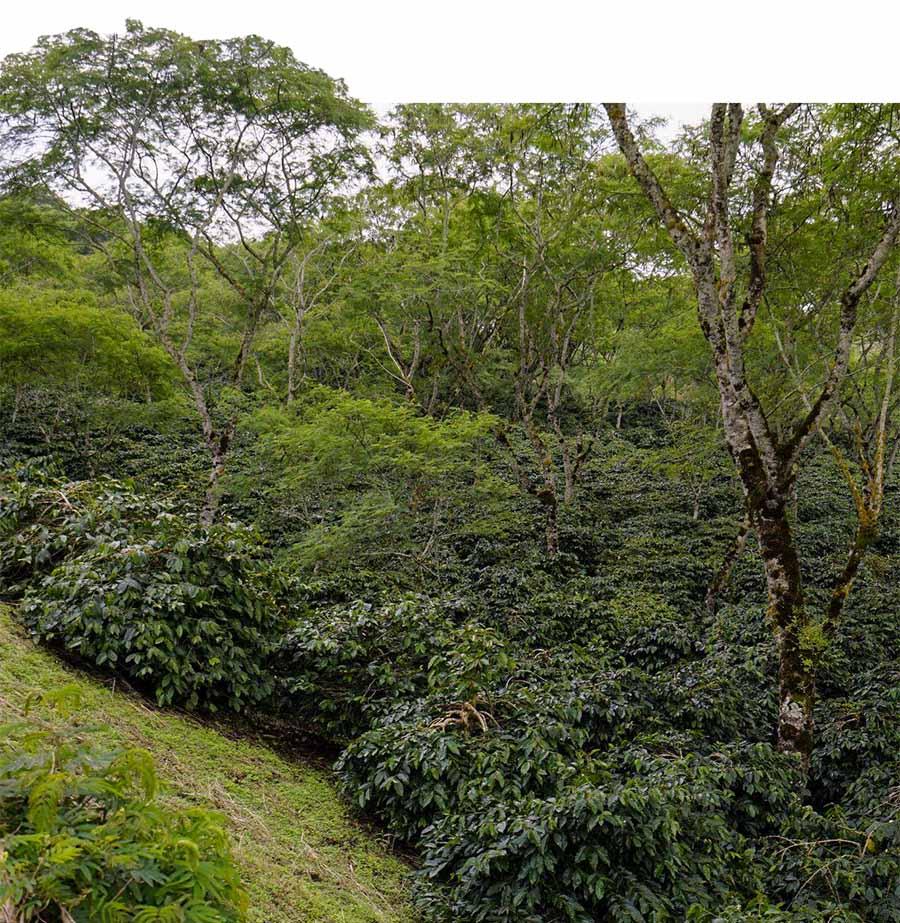
However, this challenge is not limited to Colombia, and similar challenges are faced by many rural communities globally.
Zimbabwe has been severely impacted by climate change, with three El Niño-driven droughts in the last ten years, and nearly 8 million Zimbabweans are experiencing food insecurity2.
In Indonesia, an estimated USD 31.2 billion is lost annually to natural disasters3, primarily due to extreme weather, with smallholder coffee farmers particularly exposed to losses resulting from rising temperatures, erratic and extreme rainfall, strong winds, and prolonged drought.
Success Stories from the Field
María Marleny Maecha is one of many coffee farmers in the Risaralda region of Colombia. She has farmed her whole life and always had to live with the uncertainty that unfavorable weather conditions could damage her crops, impacting her business and the livelihood of her family. In 2022, María lost some of her crops as a result of excess rainfall after an intense La Niña season, which could have severely affected her income and stability. However, María had joined the Café Seguro programme, a partnership between Nespresso, Blue Marble, and Seguros Bolivar, which provides insurance solutions to smallholder farmers in Colombia through the Alto Occidente Cooperative.
As a result, María received a payout in 2022 following her losses, allowing her to stay in business and further invest in fertilizers. This is just one of many stories from our network of smallholder coffee farmers globally, who are benefiting from the partnership between Nespresso and Blue Marble, which has been in place since 2018. Similarly, smallholder farmers Jorge Antonio Veléz and Jorge Enrique Veléz received payouts after climate‑related losses, which helped them avoid resorting to bank loans to buy fertilisers, whilst María Elicenia Pinzón and José Rodolfo Ríos received two payouts which they used to buy equipment to support their farming.
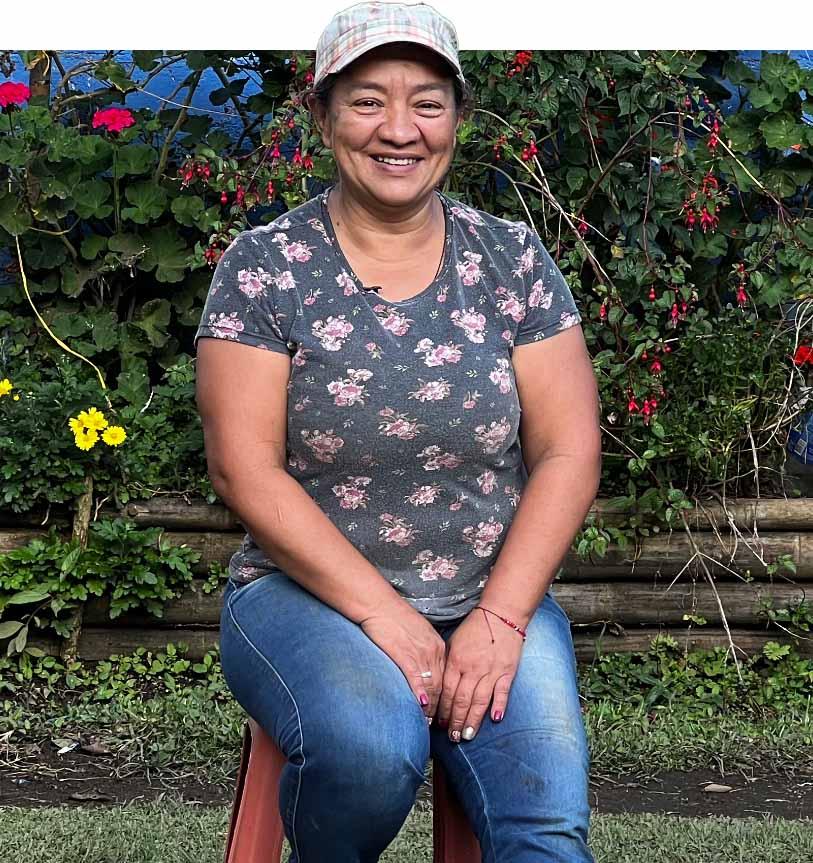
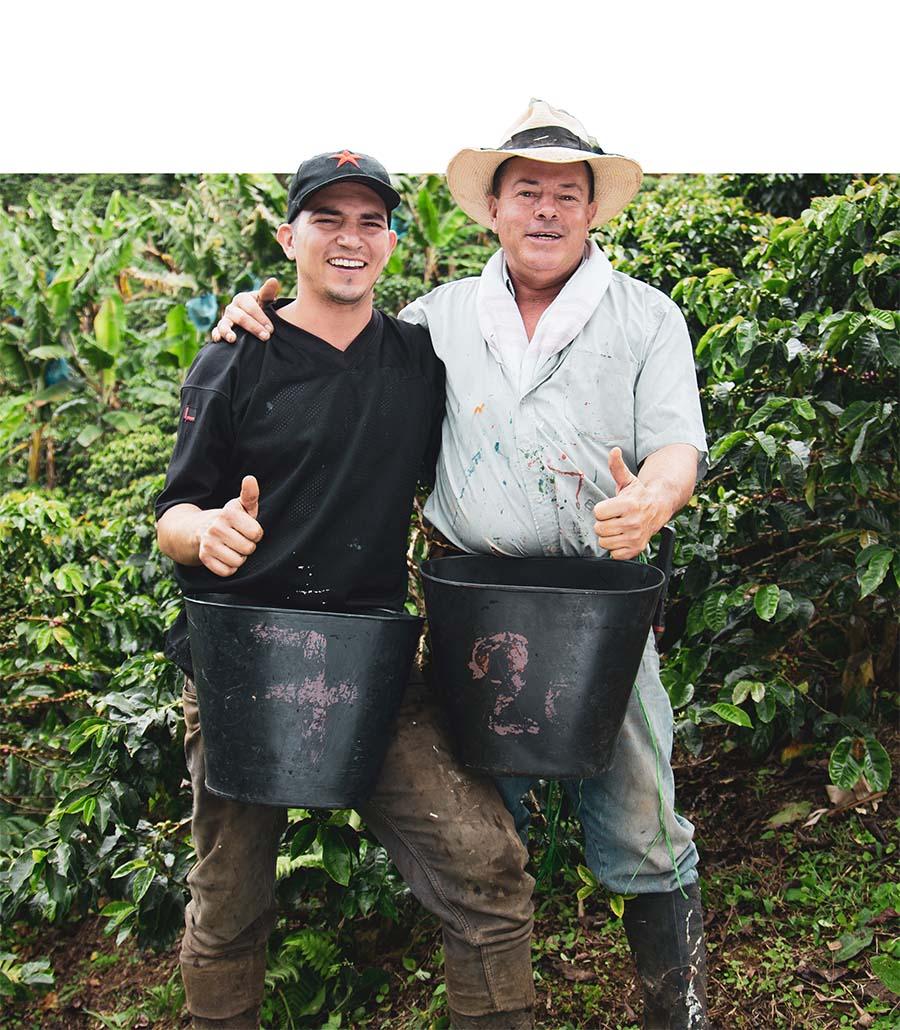
Programme Evolution and Goals
The aim of this partnership is to advance Nespresso’s Positive Cup strategy by enabling the financial resilience and living income of coffee farmers globally in the face of climate change. The programme was first established in the Caldas region of Colombia, where smallholder farmers previously had no access to crop insurance:
- Blue Marble designed a weather index insurance policy based on satellite data to cover excess rainfall and drought for coffee crops during the development stages when coffee is most vulnerable to climatic shocks
- Nespresso provided access to the smallholder farmers, usually through local cooperatives
- Seguros Bolivar underwrote the insurance policies
Through our partnership, our shared mission is always to provide coverage that is relevant and responsive to the needs of the farmers. This is why we work closely with farmers in the field to understand their challenges. Importantly, farmers play a crucial role within the programme set‑up and product modelling phases, validating every parameter based on their lived experience and historical crop yields.
The Nespresso-Blue Marble partnership bridges the insurance gap in the market in a way that resonates with farming communities. The programme uses satellite technology to track weather and trigger payouts in case of extreme rainfall or drought. This provides an affordable solution, allowing insurers to obtain real‑time data on estimated damages. In addition, the technology ensures that farmers receive timely payments when disaster strikes, which is crucial to their recovery and ongoing financial resilience.
Payouts are made for excessive or deficient rainfall in each at-risk growing phase: flowering and grain filling
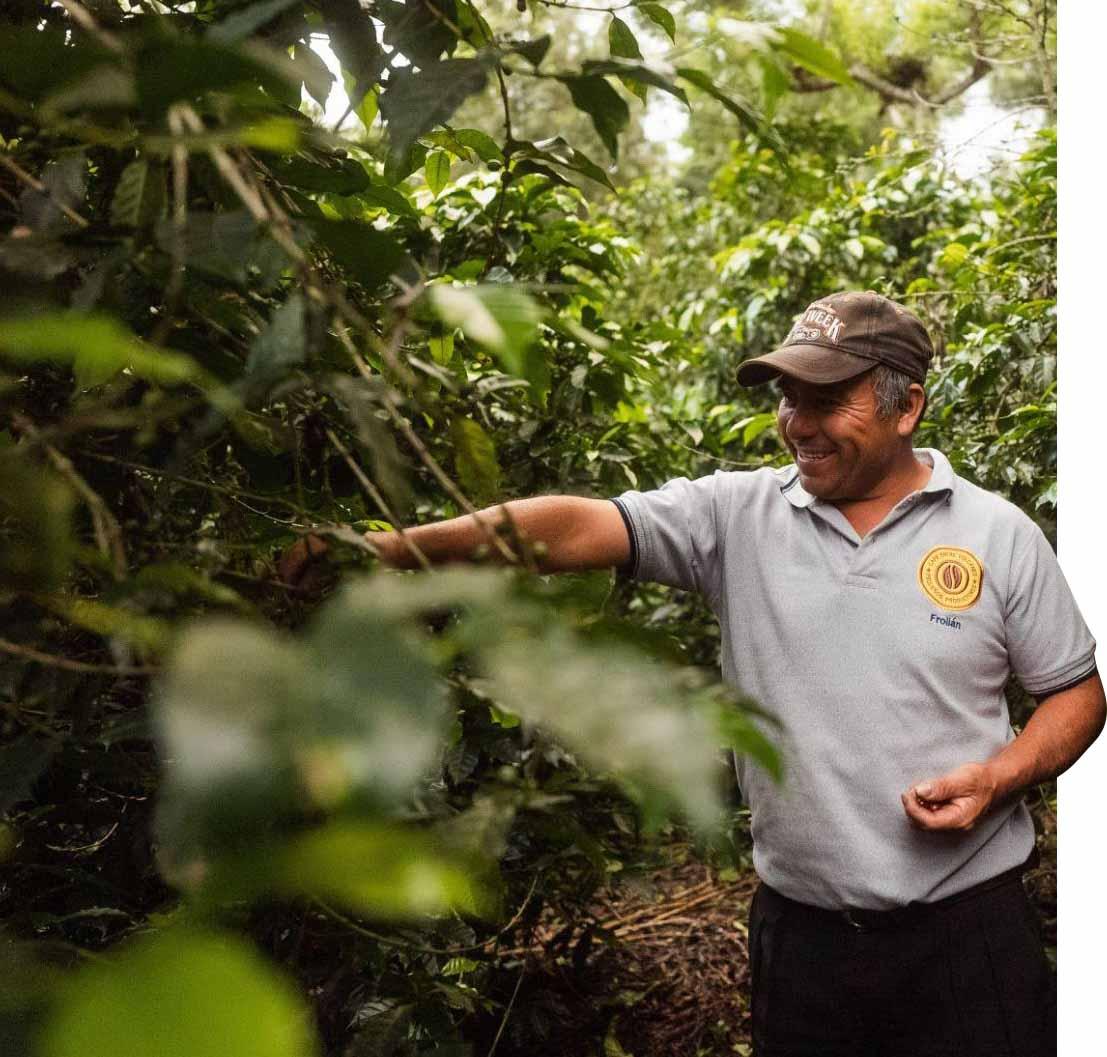
Impact and Achievements
Following the success of the programme in Colombia, Blue Marble and Nespresso continue to grow the programme’s geographical footprint, expanding to Huila, Cauca, and Nariño regions in Colombia, as well as further afield to rural communities in Guatemala, Honduras, Indonesia, Kenya, Peru, and Zimbabwe. The programme now protects 18,844 farmers and their families. Our collective goal is to offer insurance protection to all farmers within Nespresso’s supply chain.
Importantly, we know that these solutions are working. Farmers have received payouts in all countries where our programme is operational. In particular, following the heavy rains during La Niña in Colombia in 2022, just under 6,000 farmers received payouts totalling USD 3.4 million, which is believed to be the largest payout of weather index insurance for smallholder farmers in the country.
Testimonials and Support
“THIS INITIATIVE PROVES THE VIABILITY OF WEATHER INDEX INSURANCE TO SUPPORT SMALLHOLDER COFFEE FARMERS IN COLOMBIA, SO THAT THEY CAN CONTINUE TO THRIVE IN THE FACE OF CLIMATE CHANGE. NESPRESSO IS TRULY GRATEFUL FOR BLUE MARBLE’S PARTNERSHIP IN DEVELOPING THIS VITAL INITIATIVE FOR SMALLHOLDER COFFEE FARMERS, WHOM WE WORK CLOSELY WITH AND RELY ON TO GROW AND HARVEST THE WORLD’S HIGHEST QUALITY BEANS.”
Santiago Arango
Green Coffee Project Manager
Nespresso
|
Blue Marble and Nespresso would like to thank key partners for their ongoing support in bringing to life this innovative programme. Cafexport, a company focused on delivering sustainable coffee to the roasting industry, helped pilot the initiative in Caldas, Colombia, in 2014. Nespresso’s long-time partners Fairtrade International and Fair Trade USA, promoted the insurance culture to their cooperatives network, enabling members to democratically decide to use their Fairtrade premiums to pay for the insurance fees. In other cases, coffee partners such as Caldas coffee cooperatives, the National Coffee Federation in Cauca and Nariño, and SKN in Huila co-financed the payment of the fees with farmers and Nespresso during the trial period. |
LOOKING FORWARD
Our goal remains to extend insurance protection to all farmers within Nespresso’s supply chain, ensuring their resilience and ability to thrive in the face of climate change.
1. World Bank Climate Change Knowledge Portal.
2. Moyo, P. (2022). The Political Economy of Zimbabwe’s Food Crisis, 2019–2020. Journal of Asian and African Studies, 0(0). https://doi.org/10.1177/00219096221120923
3. Asia Pacific Risk and Resilience Portal.
